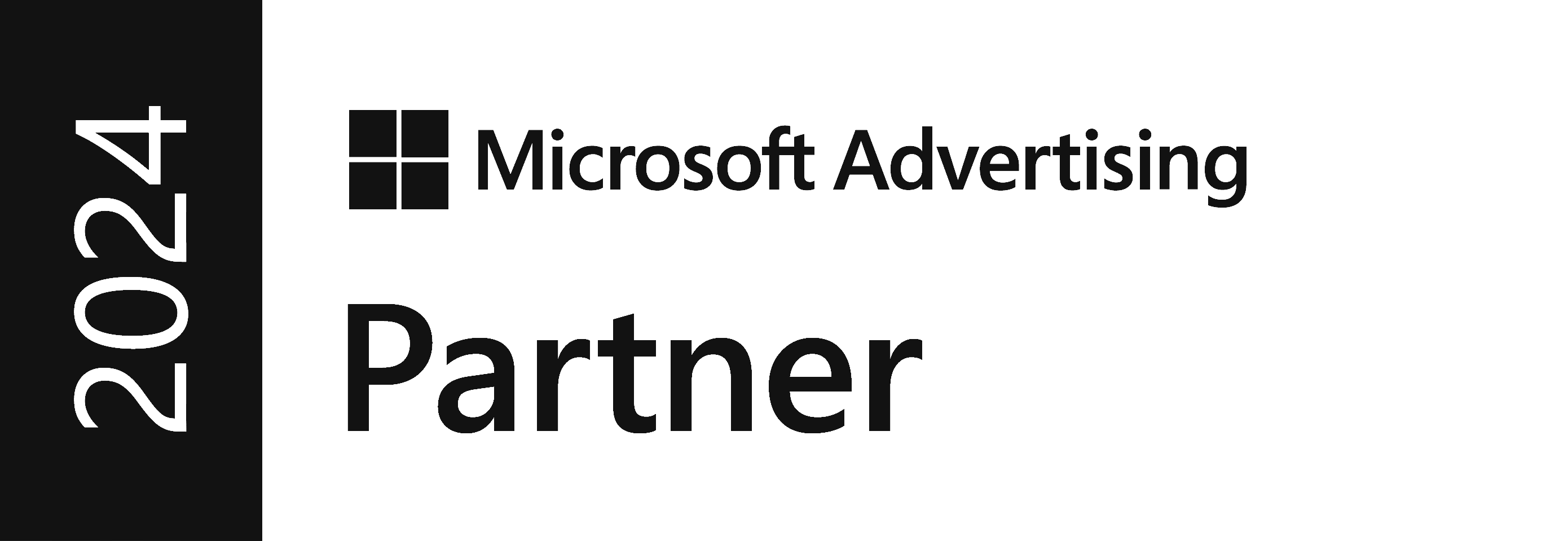Before we discuss my journey and thoughts regarding Bing, yes, the title is a reference to the Hobbit films, although I’ve never seen them.
Fun fact, I’ve also never seen the Lord of the Rings films. I know that’s bad, but I don’t have 13 hours of my life to spare quite frankly.
Anyway, now that’s been established, let’s move on…
Taking the Leap
In April 2023, I took a leap into the unknown, by transitioning from the well-trodden path of Google to the less-explored terrain of Bing.
As a 24-year-old at the time, it was a bit odd, I agree with that.
I mean, my nan uses Bing, although that’s not by choice to be fair, she just doesn’t know how to download Google Chrome on her Dell laptop.
Even my work colleagues were like “really, you’re actually using Bing?”
Undeterred from basically being called an old man, I downloaded Edge on the Microsoft Store and began my journey into the world of Bing.
The Catalyst
The main reason for this decision was mainly due to Microsoft's integration of ChatGPT into Bing.
In January 2023, a substantial investment of around $10 billion was involved, which signalled Microsoft's commitment to advancing AI breakthroughs for global benefit.
This move not only added over a million new preview users, but also saw Bing surpassing 100 million daily active users in February 2023, a milestone for the search engine.
Although I was late to the party, the initial hesitation quickly dissipated as the migration of my digital life from Chrome to Bing was actually really easy. It only took a few seconds for all of my favourite tabs to appear, along with my search history, online documents, and work-related data.
The only downside was having to log into a few websites again, but it wasn’t that much of a pain, although I have been using the same password since I was 13, so I should probably change it up at some point.
Bing Image Generator
Something that I discovered whilst using Bing, was Bing Image Generator—an AI program released on March 21st, 2023, that brought a creative dimension to search queries.
Bing Image Creator is a feature that allows you to generate images based on your words with AI.
You can use it to create digital art, logos, memes, and more.
It’s easily accessible through Copilot or Microsoft Edge, and once you’re in it, you’re able to provide a prompt or a description of what you want the program to create. It will then generate an image for you, which you can modify by adding more details or context.
You can also join Microsoft Rewards and earn points for using Bing Image Creator, (we’ll get into Microsoft Rewards in a bit).
But to summarise, it’s really good, and with AI getting better and better every day, it’s only going to improve more and more.
However, it wouldn’t be fair to point out a few of the shortcomings:
· It only generates square images at a 1024x1024 resolution.
· It can occasionally create unexpected or distorted visuals; it might not sync up with what you're picturing.
· Text rendering? Well, let's just say it's a work in progress.
· There’s still some slight bugs and glitches.
The reason that may annoy people the most, is the 1024x1024 resolution issue. Having square images may look odd on certain social media platforms or blogs, where a 16:9 image is preferred, but there’s a reason for this.
Basically, GPUs love crunching numbers in powers of 2. It's not about having a favourite aspect ratio; it's all about being universal. People who program AI to create images are just trying to speed up the painfully slow training process, and squares turn out to be the fastest way to do that.
So, in a nutshell, it's all about speed, rather than producing what you’d prefer.
Bing Chat Becomes Copilot
The real game-changer within Bing, as mentioned previously, was the integration of ChatGPT, which got rebranded to Copilot in November 2023.
This AI-powered tool not only refined the search experience, but evolved into a virtual assistant, providing insightful suggestions, and streamlining interactions with the search engine.
A really nifty feature on Copilot is the integration of different ‘conversions styles’. Depending on what you plan to ask it, you can choose from ‘creative’, ‘balanced’, or ‘precise’.
The creative mode creates longer, more imaginative answers, while the precise mode focuses on shorter, factual answers. And then you have the balanced mode, which aims to provide a balance between the two styles.
I tend to use the balanced mode the most, although creative isn’t too far behind.
After using it almost every day, I couldn’t imagine not using it. It’s a great tool that I have integrated into my working life, and it makes searching for things that much more interesting, compared to scrolling page after page trying to find a statistic, figure, or blog.
Microsoft Rewards
What sets Bing apart from Google, is its points and rewards system.
Microsoft Rewards not only incentivises regular engagement but adds a layer of fun to the search experience.
Users can accumulate points through searches, and then utilise them for sweepstakes, competitions, or even charitable donations, with the number of points you earn depending on your membership level, and which device you use.
Level 1 members can earn up to 90 points per month by searching on Bing in Microsoft Edge, on PC or mobile, while Level 2 members can earn up to 360 points per month by doing the same. You can also earn 5 points for every 3 searches you make on Bing, earning up to 150 points per month.
This rewards system does make Bing a more interactive platform than Google, and it’s the closest thing to free money you’ll get, but does Google really need to incentivise you to use its search engine through a rewards system? Not really.
To be honest, the rewards system is just a bit of fun.
For example, I’ve just entered myself into a competition to win an Assassin's Creed Mirage Xbox bundle, spending 5,000 rewards points in the process.
I better win.
Google is Still a Necessity
Despite the many strengths of Bing, practical considerations sometimes necessitated an awkward return to the familiar territory of Google.
Certain tasks, particularly those integral to the intricate world of Search Engine Optimisation (SEO), client ranking analysis, and competitive research, were better off done within Google's expansive platform.
The dominance of Google, who command an impressive 83.49% market share globally, in July 2023, significantly influenced this dynamic.
For example, when evaluating client standings or delving into the intricacies of competitor searches, Google's robust infrastructure and colossal user base provided more detailed insights and a broader perspective into user behaviours, statistics, and figures.
While Bing has secured a respectable 9.19% share in the global desktop search market, its market presence, while significant, does not match the sheer presence of Google, meaning the occasional trip back is necessary.
To Bing or Not to Bing
The question of whether to use Bing or not boils down to individual preferences and specific needs.
For users who may be seeking a more interesting and interactive journey, creative tools like the Image Generator and Copilot, make Bing a compelling choice, with the Microsoft Rewards system also adding an extra layer of entertainment to the experience.
In the last few years Bing has really stepped up its game, and after using it for the last 7 months, I can comfortably say that it can go head-to-head with Google for regular searches. It handles all of my queries smoothly, and the interface is clean and user-friendly.
However, is it essential? Not really. Although I’ll continue to use Bing, and its stock is on the rise, ultimately, Google is King.
1st Floor, Alphin Brook House,
Alphin Brook Road,
Exeter EX2 8RG
MORE THAN
Digital
Marketing.
View our sustainability page.
PPC for B2B
PPC for Law Firms
PPC for Luxury Ecommerce Brands
PPC for Travel and Tourism





